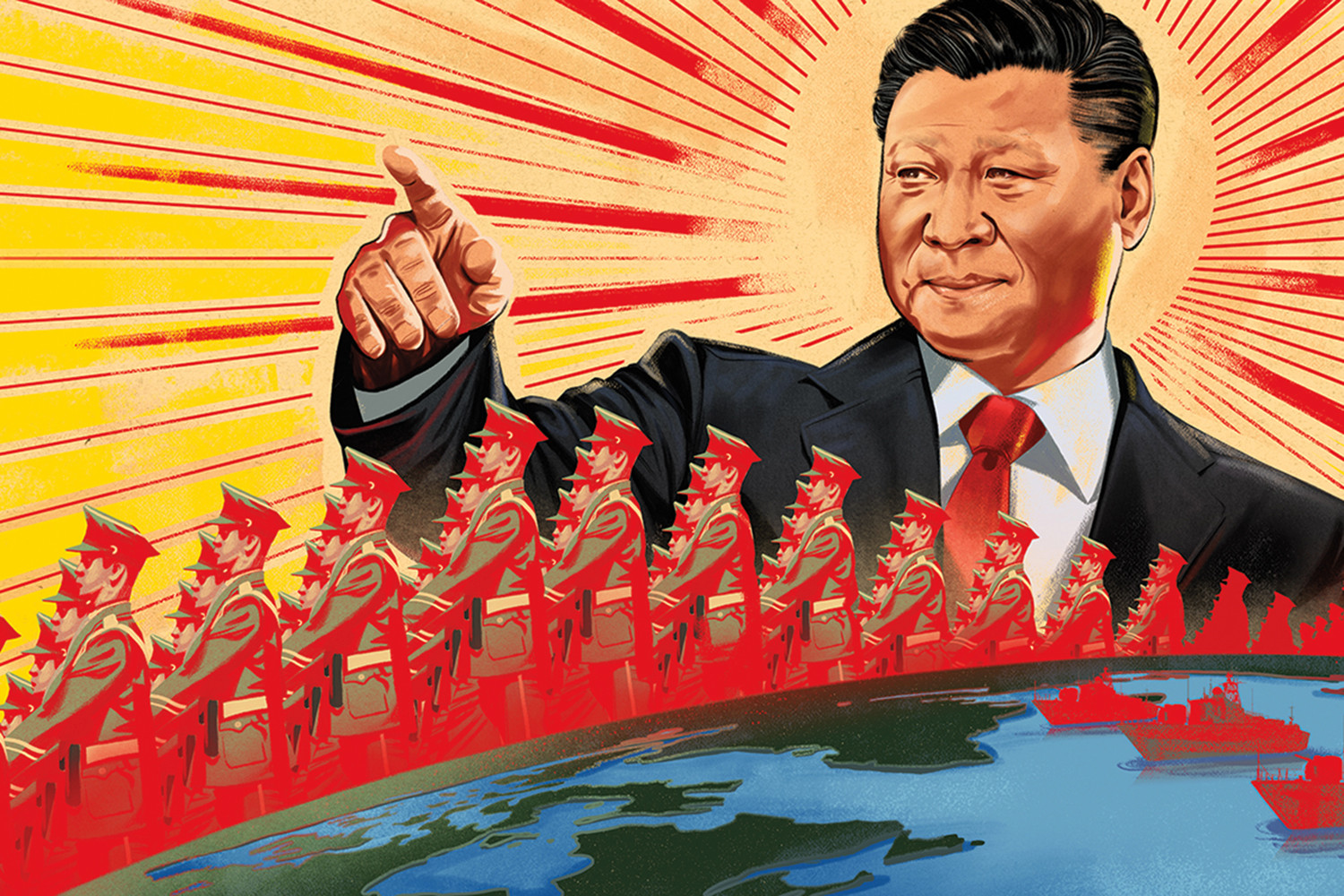Citizens or Taiwan’s Civil Aviation Administration could initiate legal action in Taiwan or in other jurisdictions against airlines that list Taiwan as part of China, as doing so violates consumer rights and breaks Taiwan’s domestic laws.
The recent decision by a number of international airlines to give in to pressure from Beijing and to remove all references suggesting Taiwan’s statehood from their web sites has sparked outrage in Taiwan and abroad. Earlier this week, Air Canada became the latest airline to do so, and began advertising flights to Taiwan under the designation “Taipei, CN.”*
At least 12 airlines since January have complied with a request by the Civil Aviation Administration of China (CAAC) to abide by Chines law, chief among them laws which stipulate that Taiwan, like Macau and Hong Kong, is territory which belongs to China.
So far only two governments, the U.S. and Australia, have spoken publicly about the inappropriateness of Beijing’s pressure on private firms, which the White House famously characterized as “Orwellian nonsense.”
Arguably there is little governments can do to encourage private firms to ignore the kind of pressure under which they have come, as such decisions are the prerogative of the companies themselves. That being said, by publicly taking a moral stance, government can nevertheless set the tone and thereby provide needed backing for airlines that may consider resisting hectoring from Beijing. They could also draw attention to the fact that China’s demands are not only improper but also much more political than legal, as they are directly linked to its not undisputed territorial claims, especially when it comes to Taiwan. Without such support, it will be difficult for companies, feeling isolated, to take the risk of compromising their access to the Chinese market. Instead, they will take the path of least resistance, put their moral blinders on, and Taiwan loses out.
Airlines’ reaction to the criticism, meanwhile, has been limited to legalese and the argument that they must “comply with all legal requirements in all jurisdictions to which we fly.”
Besides indignant op-eds in newspapers, threatened boycotts, petitions and some reputational damage, companies like Air Canada that have yielded to Chinese pressure have had little reason to feel threatened for their decisions. While boycotts can hurt a bit, the size of the Taiwanese market probably isn’t large enough, in comparison to China’s, to put much of a dent in a carrier’s revenue. For example, approximately 700,000 Chinese visited Canada last year, while only 100,000 Taiwanese did so. According to a press release in September 2016, China is Air Canada’s second largest trading partner, and the company has invested more than C$1 billion “in aircraft and equipment allocated specifically to serve the Chinese market from our Canadian hubs.”
If Beijing wants to use its laws to blackmail the international community in its bid to isolate a democracy, we, too, can turn to the courts to exact some punishment.
One way of hitting back would be for Taiwan and its allies to make the case that China’s demands, and the compliance of foreign airlines, violates consumer rights. One possibility is taking this to arbitration at the World Trade Organization. Another option would be for groups of citizens (or Taiwan’s CAA), to initiate a class action lawsuit in Taiwan (or other jurisdictions) against airlines that gave in to Chinese pressure, which in so doing are consequently in violation of Taiwan’s jurisdiction and domestic laws. In other words, the case needs to be made that China isn’t alone in having domestic laws or expecting that international firms “comply with all legal requirements in all jurisdictions to which they fly.”
Imposing the view that Taiwan is part of China, such as by referring to it as “Taipei, CN,” or “Taiwan, China,” not only violates consumer rights by causing confusion — should they need, say, to apply for a visa — it also constitutes a violation of Taiwan’s sovereignty and Constitution, which under no condition or article of international law legitimizes Beijing’s claim that Taiwan is part of the People’s Republic of China, which we all know is the “CN” or “China” now being attached to Taiwan on various web sites.
If Beijing wants to use its laws to blackmail the international community in its bid to isolate a democracy, we, too, can turn to the courts to exact some punishment. Even though Taiwan has the moral high ground, playing nice is no longer sufficient.
*Air France joined the group a week later, and now refers to Taiwan as “Taipei, China.”
You might also like
More from China
A Few Thoughts on the Meng-Spavor-Kovrig Exchange
It is hard not to see this weekend’s developments as a victory for China and the creation of a world …
In Memoriam: Lee Teng-Hui and the Democracy That He Built
The former president of Taiwan is the incontestable refutation of the belief that history is merely an impersonal force, that …
As Coronavirus Crisis Intensifies, Beijing Continues to Play Politics Over Taiwan
With a major epidemic on its hands, the Chinese government has not ceased its political warfare activities against Taiwan. It …









